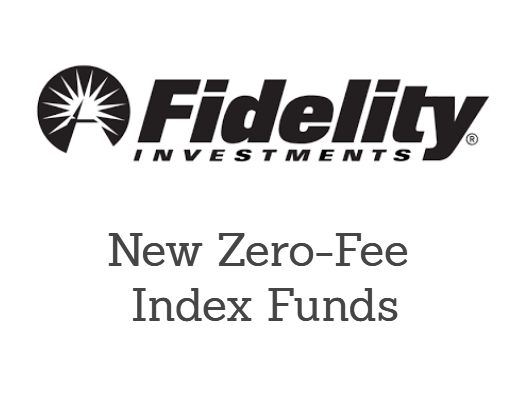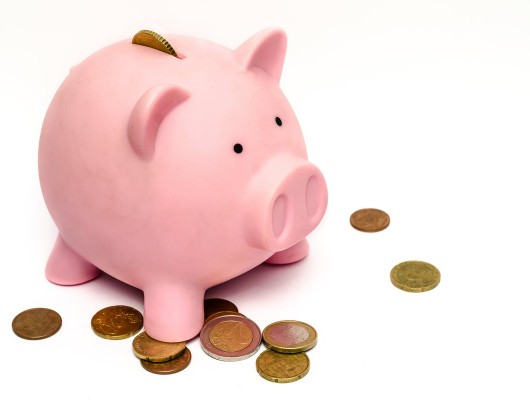Kinder Morgan (KMI) is a very attractive stock on at least one basis. The company currently pays $1.96/share per year in dividends, working out to a 6% dividend yield. In a world of zero interest rates, that’s a rather generous payment.
What’s better, the company has promised to grow the dividend at a 10% annual rate out through 2020, which would take the dividend to $3.16/share over the next five years. Based on the current $34/share price, that’s a yield of more than 9%. Juicy.
Since May though, it hasn’t been all roses for Kinder Morgan’s shares. They’ve fallen from $44 to $34 during that time. Clearly the market is showing some skepticism toward the company’s outlook.
Some of that decline can be attributed to general weakness in the energy sector. Oil prices are falling again, hitting new post-2009 lows, and it’s clearly weighing on sentiment.
But some of the decline is specific to Kinder Morgan. Previously, its shares had held up despite energy’s struggles last winter. Kinder Morgan likes to remind investors that it is not particularly exposed to energy prices. Its business is largely driven by volume; they get paid for product passing through their pipelines regardless of the end value of the oil or natural gas using their system.
The company estimates it loses $10 million in distributable cash flow per $1 fall in the price of oil. Based on the $50/barrel or so drop from last year’s pricing, that’s $500 million slashed off Kinder Morgan’s cash flow that they can pay to shareholders. Given that the company pays about $4 billion a year in dividends, $500 million is a sizable hit to the company if oil prices stay this low, but it isn’t a knockout blow by any means.
So energy prices aren’t enough to take down the Kinder Morgan structure. The bigger concern at this point is financial leverage. Kinder Morgan is running around 7 times net debt to annualized EBITDA, based on results for the first half of the year. That’s rather aggressive. Looking at other energy firms that trade at this strained debt/earnings level, one wonders if Kinder Morgan will be able to maintain its investment grade debt rating. The company’s debt is currently at BBB-, just one notch away from being lowered into junk territory.
This is a pivotal challenge for Kinder Morgan. The company has $21 billion in construction backlog. Backlog are projects that it intends to buildout to generate future earnings growth and support the promised dividend increases. However, the company needs access to further cash to be able to build out its backlog. $21 billion is no small sum.
The company can, and periodically does, raise more money selling stock. However, it would be hard to get anywhere close to the required $21 billion from the equity market without severely impacting the company’s share price. Thus, the better solution for the company is to take out more debt to build new projects. This would become much more difficult and expensive if the company could not maintain its investment grade credit rating.
Keep in mind with oil prices where they are now, the company generate very little free cash flow beyond merely what is necessary to pay the dividend.
By no means is the picture all bad, however. Richard Kinder has established a tremendous industry track record, and he continues buying more shares in the company. Insider buying is always a good sign, particularly in a battleground stock.
And while the company is financially strained with lots of debt, its core operations remain firmly profitable and largely untouched by the ongoing energy bust. The company has many one-of-a-kind assets and is a key piece of the overall American energy infrastructure. That is to say, the company isn’t going anywhere despite the near-term problems in the industry.
So is the stock a buy today? It’s certainly a better deal now at $34 than it was at $44 not all that long ago. It’s still a risky play here though. Until we see how the energy sector bust plays out, it is hard to call a bottom on shares.
If prices stay low, Kinder Morgan will likely struggle to fund its backlog, maintain existing operations, keep growing the dividend as planned, and hold on to its coveted investment-grade rated debt. Any uptick in the energy sector could resolve this issue quickly, however.
While the 6% current yield and 9% promised future yield are enticing, I’d hold off until shares fall a little more and/or oil prices turn upward. There’s no rush to buy the stock with the prospects for the next few quarters still so murky.


